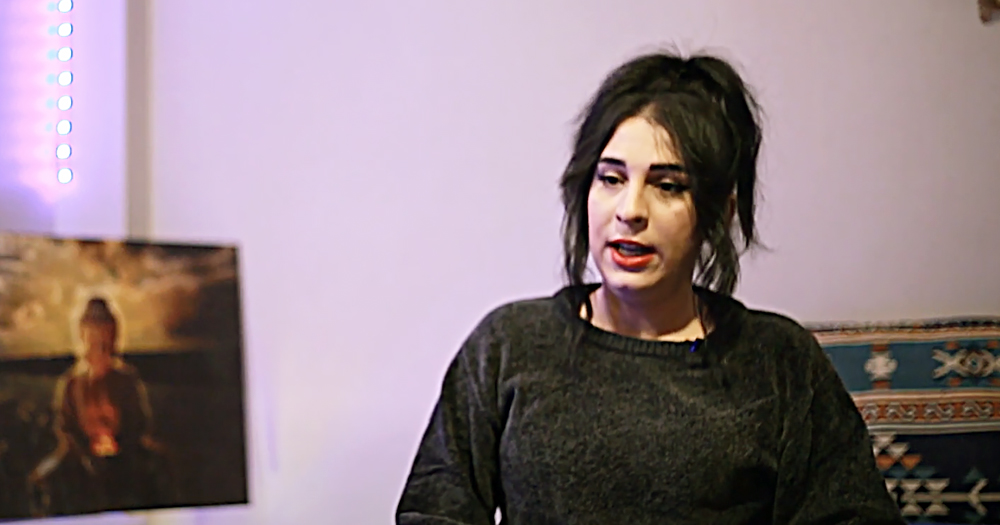For queer people in Egypt, being open about your sexual orientation or gender identity is in many cases not an option. With threats of violence and ostracisation very much a possibility, living openly is a dangerous thing. This makes the story of Malak Al-Kashif, a Trans woman and human rights defender, all the more admirable.
Malak was interviewed as part of the United Nations video campaign, Diversity in Adversity, which highlights and celebrates queer human rights defenders and activists around the globe and shares the incredible work they do.
Malak works at Transat – an organisation to support the rights of Trans and non binary people which also also empowers them with a platform to share their own narrative. She explains, “Our movement started with the premise that we are not supposed to go to jail. We should have access to education. We should be able to work, we shouldn’t be forced out of our homes. We are not supposed to be murdered on the streets.”
She continued, “As an LGBTQ+ person, I am always in fear when I am on the street, because my identity poses a direct threat to society.”
In fact, Malak’s interview takes place in the home of a friend as she explains that for the queer community in Egypt, “we do not get the chance to have nice, warm homes which we can call a personal space, that allow us to express ourselves and our identity; the way we feel and think.”
In trying somehow to create that space for others, Malak used her personal social media account to document her transition and share the challenges and violence she was subjected to. These posts not only advised people on how to transition but also helped them realise there were others in their situation, that they were not alone.
As well as Trans rights, Malak also works on general human rights issues, and in a traumatic experience, was arrested and placed in pre-trial detention for four months, after peacefully calling for justice for the families of those killed in a train accident in Cairo. She spent much of those four months in solitary confinement in the Tora men’s prison.
In an incredible response to the harrowing experience, Malak shares, “One of the things I am most proud of…took place during an abuse that I was subjected to, my arrest in 2019. Back then, and even today, I carried an ID which classified me as male, under a name that is not mine and a photo that does not represent me.
“The authorities which I was in contact with…insisted on treating me as a boy…but I told the public prosecutor that I refuse any other name, and that I rejected being labeled as sexually transitioning and that I am a Transgender person. After that, I was addressed as a female even in prison, which was a men’s prison at the end of the day. The official prosecution records even used the word ‘Transgender’. This was the thing that made me feel that I can do anything in life.”
In a powerful moment, Malak shares, “Surviving on a daily basis is my true form of activism and the true activism of the LGBTQ+ community.”
“I believe that the more we talk the more we are heard, and the more we are heard our situation will change, and this will lead to support for our activism.”
Follow the UN Diversity in Adversity campaign over the coming weeks and keep up-to-date by visiting the dedicated UN webpage here.
© 2022 GCN (Gay Community News). All rights reserved.
Support GCN
GCN is a free, vital resource for Ireland’s LGBTQ+ community since 1988.
GCN is a trading name of National LGBT Federation CLG, a registered charity - Charity Number: 20034580.
GCN relies on the generous support of the community and allies to sustain the crucial work that we do. Producing GCN is costly, and, in an industry which has been hugely impacted by rising costs, we need your support to help sustain and grow this vital resource.
Supporting GCN for as little as €1.99 per month will help us continue our work as Ireland’s free, independent LGBTQ+ media.
